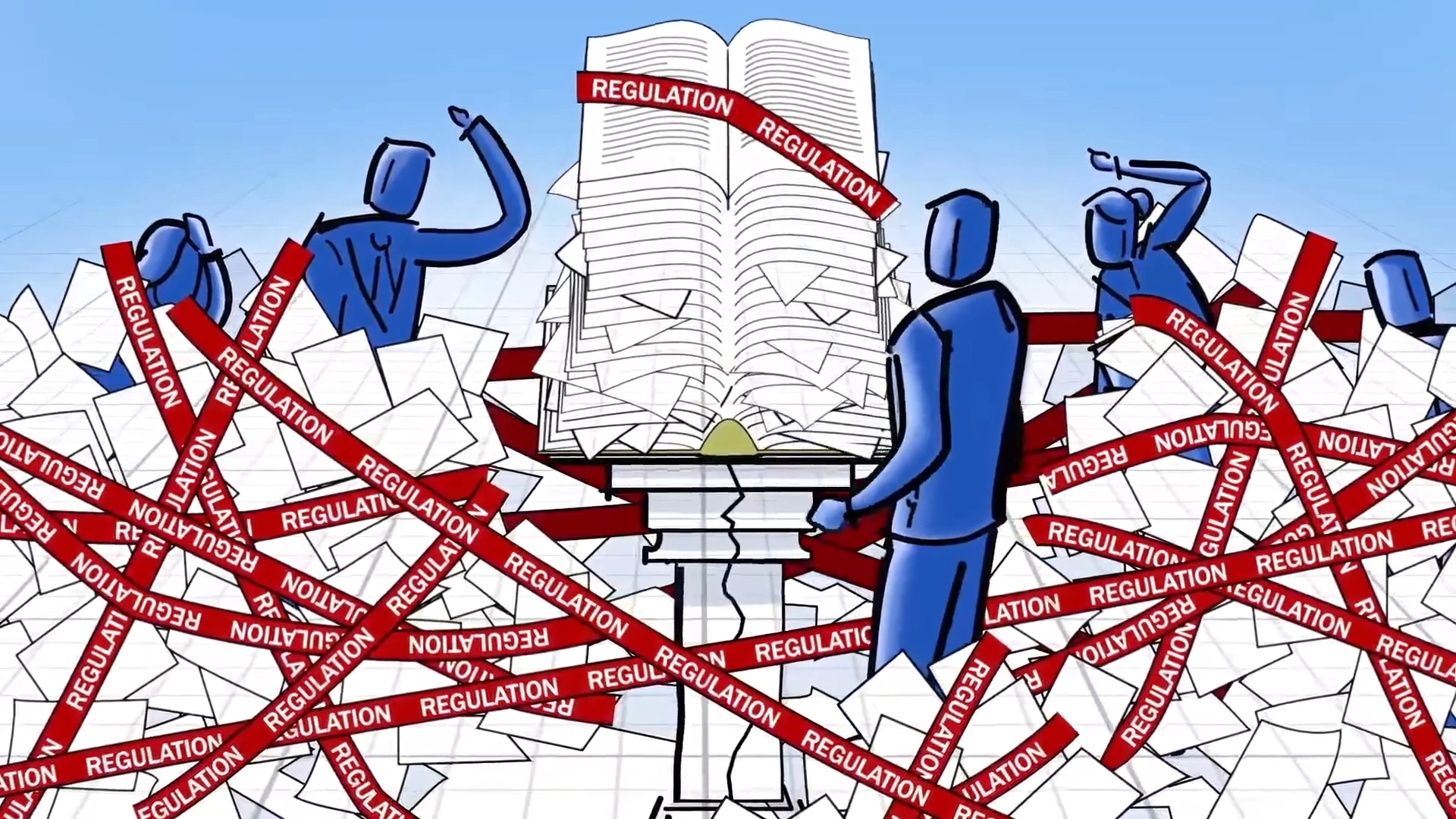Febrafite, the esteemed national association of state tax auditors in Brazil, has highlighted the stark contrast between Brazil and Europe regarding tax accumulation.
Their comprehensive study meticulously examines the tax burden across a variety of products, uncovering significant disparities.
In Brazil, a complex tax system results in taxes stacking up at numerous stages within production chains, significantly complicating the business landscape.
In an ambitious move to streamline this cumbersome system, the Brazilian government enacted a tax reform at the end of 2023.
This reform heralds the introduction of the Value Added Tax (VAT), a singular tax meant to replace a myriad of existing ones.

However, businesses are poised to navigate the complexities of cumulative taxation until a full transition is realized by 2033.
The comparative analysis between Brazil and Europe, presented by the study, reveals alarming differences.
Particularly striking is the situation for industrial goods producers operating under the presumed profit tax system in Brazil.
Unlike their European counterparts, these producers cannot deduct taxes already paid, leading to a heavier tax burden.
Despite also featuring tax cumulativity, Europe’s VAT system allows for tax deduction at previous stages of production, significantly reducing the overall tax load.
Febrafite’s analysis quantifies this disparity: a European manufacturer’s cumulative tax rate on product value stands at merely 0.13%, in stark contrast to Brazil’s 3.69%.
This reveals Brazil’s tax burden to be 2838% greater, equating to a staggering 28-fold difference compared to Europe.
This glaring imbalance has mobilized industry advocates in Brazil to push for tax reform, aiming to diminish the competitive disadvantage and foster a more business-friendly environment.

